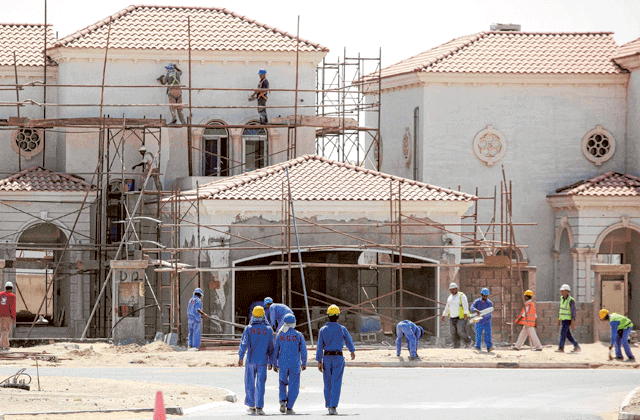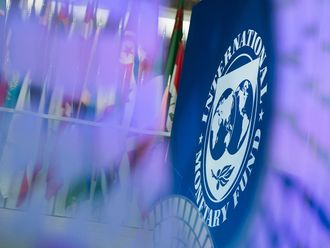
Abu Dhabi: Amid confusion and speculation over upcoming changes in the rules governing mortgages, nationals and expats are rushing to buy homes in the strongest property market since 2006.
According to a Dubai Municipality official, who declined to be named, “We witnessed a hike in sales as of the beginning of this year. As of January 21, 2013, we have witnessed transactions amounting to Dh490 million compared to mere Dh200 million for the same day last year, a rise of 160 per cent.”
Dr Amer-Noman Ashour, chief economist and analyst at the CNBC Arabia, told Gulf News that the Central Bank was trying to make it clear to all banks that they should not expect any leeway with the new regulations.
“The 20 main bankers [at a recent meeting of the Emirates Banks Association,] reported to the Central Bank that if the new ratios were applied, only 2-3 per cent of their clients will benefit from this while the majority — 97-98 per cent of the banks’ clients — will not as they will not be able to pay the proposed down-payment.”
The loan to value ratios proposed by the Central Bank are 70 per cent and 50 per cent for nationals and expatriates respectively. That means expats would only be able to get a mortgage for 50 per cent of the value of the property, while Emiratis could get a mortgage for 70 per cent.
The new loans rations are expected to be finalised by the Central Bank within six to nine months, probably within the fourth quarter. Ashour said the circular sent on December 30 announcing the mortgage caps was “to help banks review their funding strategies and prioritise their financing schemes before the Central Bank forces the execution of the new ratios.”
Following last week’s meeting at the Emirates Banks Association, some bankers said they were still discussing what their recommendations to the Central Bank would be.
“We had revised the ratio to be 80 per cent for the Emirati, which is now almost approved by all concerned parties, while the rift is on the expatriates with two suggestions being either 70 or 75 per cent for the first property — provided that the house is already built,” said a banker who declined to be named.
“We had conducted a survey of 1,000 of our clients who said that they will not accept the proposed ratios as they don’t have liquidity to buy and they seconded the opinion to keep the former ratios,” said another banker.
Banks also discussed the funding of the second property and any subsequent units and whether they would already by built or still under construction.
“We have proposed also a ratio of 65 per cent for Emiratis and 60 per cent for expatriates for the second and subsequent properties provided that they are already constructed. There was also another suggestion to the Central Bank for its speedy decision which is: Why only taking a decision based on being an Emirati or expatriate, why not consider the salary factor, the nature of the residence whether it is a villa or a flat, credit and resident’s history as well as other factors”, he pointed out.
Ashour said there is a condition in the new ratios that makes sure the property is real.
“There will be no off-plan selling or purchasing at all as per the new mortgage system. The unit that will be mortgaged and financed should be at least 60 per cent constructed in order to be qualified for any banking finances,” said Ashour.
Some experts said that the mortgage deals “have a force majeure clause” which tacitly means that if any changes in the rules were enforced by the Central Bank, these clauses should also be covered”.
David Dudley, Jones Lang LaSalle’s regional director and head of Abu Dhabi office, told the Gulf News: “The recovery of Abu Dhabi’s real estate markets is to a large extent linked to the government investing in infrastructure, economic development and social development projects that generate new GDP growth, job growth and income growth and in turn drive demand for real estate as well as further enhancing Abu Dhabi’s urban offering.”
Dudley believed that the recovery of Abu Dhabi’s real estate markets will be directly linked to these projects generating new jobs and employment growth and so we look forward to further announcements during 2013.
“The Abu Dhabi’s market cycle is at a time lag to Dubai, so the recent signs of recovery in Dubai are certainly encouraging news for Abu Dhabi,” said Dudley.












